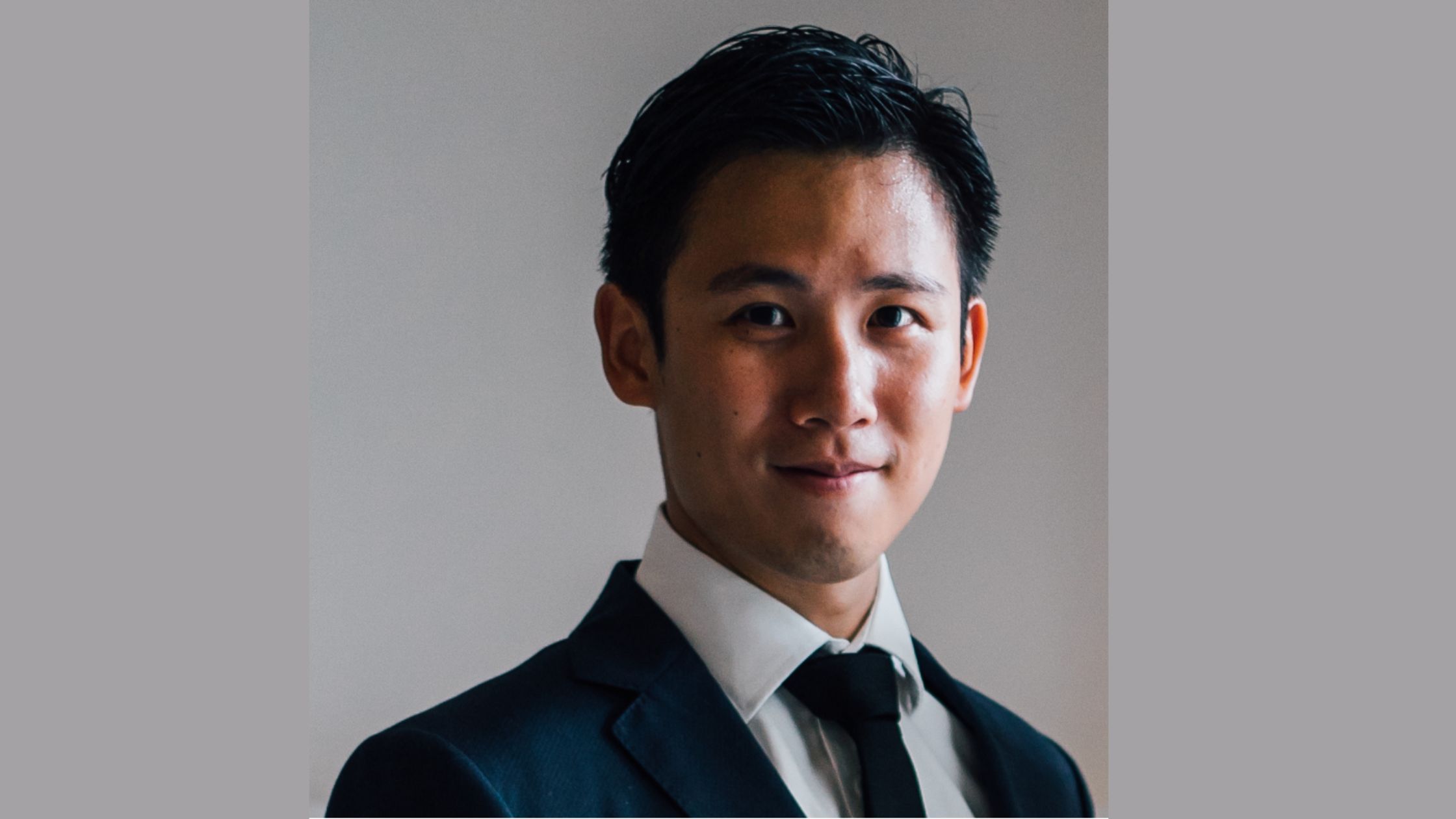AsiaTechDaily – Asia's Leading Tech and Startup Media Platform

Vynn Capital’s Victor Chua – A Pioneer Of The Asian Startup Ecosystem
Victor Chua is a visionary, a startup evangelist, the proud recipient of Forbes Asia 30 Under 30, and a well-known name in the Asian startup ecosystem.
Victor is the managing partner of Vynn Capital, a Southeast Asia based VC firm with a core focus on value creation for institutional investors as well as founders of innovative startups through strategic investments into early-stage technology-driven startups.
Prior to this, Victor was the vice president of investments for Gobi Partners and managed two Southeast Asia focused early stage funds with total asset management of US $65M.
Before joining Gobi Partners, Victor was a highly successful investment manager at Malaysia Venture Capital Limited which is the country’s largest VC firm. He was associated with a staggering 500 startups. Some of his notable investments are Carsome, Travelio, Triip, Hermo, OnOnPay, and Jirnexu. Victor has invested in over 20 companies in Southeast Asia, especially in Vietnam, Thailand, Singapore, Indonesia, and Malaysia.
Victor Chua also has several years of rich investment consulting experience with Towers Watson. He managed a diverse portfolio of clients ranging from sovereign wealth funds, well-known pension funds and multiple institutional entities in Southeast Asia.
He was awarded the prestigious Forbes Asia 30 Under 30 in 2017 for his exemplary contribution to the startup ecosystem. He is the chairman of the Malaysia Venture Capital Association (MVCA), a mentor with the Founder Institute and other grass root entrepreneurial initiatives. Victor Chua has also appointed as a council member of the Malaysian Venture Capital and Private Equity Association (MVCDC) by the ministry of finance of Malaysia. He is also an advisor to the National Agency for Technology Entrepreneurship and Commercialization Development of Vietnam. Victor was also a startup founder to one online education platform as well as two offline initiatives. He is a Mensa member and a CFA charterholder.
Read on to understand the diverse startup ecosystem of South East Asia explained by Victor Chua and how Vynn Capital is making an impact. He brings in rich and diverse experience and explains what it takes to be successful and impactful!
What background and domain expertise do you have? And what makes you an investor?
Victor Chua – I have had both investment and entrepreneurship experience before I became a venture capitalist. I spent most of my career understanding problems, discovering how things work and making sense out of the data that is available. The real value I can provide to my investors and my portfolio companies is the ability to transfer the knowledge I possess over the journey of collaboration. For me, being an investor means supporting great people and great ideas. That is why I do what I do.
As an investor, what kind of startups have you invested in? And how did you find those startups to invest in?
Victor Chua – Vynn Capital has a very disciplined investment approach. We mainly look at startups in industries such as tourism, property, fast-moving consumer goods and female economics. We specialize in the area of our strength and in industries we see huge potential to leapfrog. We invest mainly in technology or technology-enabled startups.
We have multiple deal sources. I think we have made our strategy clear that we are attracting the right kind of startups that could synergize with our portfolio companies and our investors/LPs.
What would be the core factors that would make you decide not to invest in certain companies?
Victor Chua – There is never one single factor. But if I picked one of the many factors that would jump out at me, it would be the personality of the founding team. Founders with the right attitude or personality or mindset will be able to attract support and invite partnerships. As a startup, support is crucial especially when you are always lacking resources. A team that cannot attract valuable collaboration opportunities would be a big no to me.
What would be the KPI that you usually check about the startup growth? It may be diverse in industries like LTV, CAC, MoM, etc., but would be helpful to understand more about your additional investment factors.
Victor Chua – It depends on the business model as well. To generalize it, one of the key KPIs we would want to track is the “capacity”. Assuming the business model make sense, we want to know how fast the startup can grow to cater for the demand from the customers. The inability to fulfill demands might lead to non-returning clients or customers. Hence, we want to see how can a startup grow its supply, while managing the demand.
What is the investment range and in a typical year, how many startups do you invest in? And can S. Korea headquartered startups get investment from you or should they be headquartered in certain countries?
Victor Chua – There is no specific target in terms of numbers. We will only invest if we believe in the business and the founders.
We are always open to working with startups from Korea, especially those looking to expand into Southeast Asia as Vynn Capital focuses on startups that can scale regionally and we can help with the expansion.
Can you list one company you have passed (rejected) investment before but think you should have invested in that company. If there is any, why do you think you missed that investment opportunity?
Victor Chua – Prefer not to name any companies. What I can share is that I have missed some earlier rounds of startups that I subsequently invested in. It was mainly because of timing and also to wait for some validations.
What are the main factors that startups fail as per your experience after getting investment and how can they prevent mistakes in advance from your personal perspective?
Victor Chua – Startups raise funding typically for expansion. It is not wrong to expect a startup to spend more after a funding round. It is usually a trial-and-error process when startups expand as most wouldn’t have enough data or understanding in the areas of expansion, e.g. new country, new verticals. I think startups need to work with the right VCs with the right skill sets so they can avoid mistakes. That’s why Vynn Capital specializes in the area of our strength and we play a more active role in supporting our portfolio companies.
What’s your advice to entrepreneurs who meet investors like you? and What are the top 3 questions you always ask the founders?
Victor Chua – The key advice is probably to make sure that entrepreneurs are talking to the right investors. I would encourage entrepreneurs to actually discover more about the investors before meeting them. This helps to save time on both sides and to have better and deeper conversations.
The three questions are the what, why and how:
What are you trying to do or solve?
Why are you doing it? Basically your motivation.
How do you do it and how do you make money/create value?
What’s your general thought about the term “Global” and What are the important factors (criteria) for Korean startups to consider for international expansion?
Victor Chua – I don’t like it when founders emphasize too much about “Global”. You need to first solve a problem for the local market and it is better if this is a common problem to the community for the neighboring countries as well. I believe more in a “Regional” strategy before we talk about going global.
For Korean startups, it is very important to find good local partners in the market you are expanding into. Especially emerging markets where there is so much localization needed. Inefficiencies are the thing we are trying to solve but it is also inefficiencies that form that barrier of entry.
Our company name is “beSUCCESS”, what’s your definition of the term “success” as an investor or as an individual human being?
Victor Chua – As an investor, we call ourselves successful when we can see that many people know about the products of the companies we have invested in. It would mean we backed a company that is relevant and of some value. A successful investor also can make money for our LPs.
As an individual, succeeding means you can bring the best out of people around you. What that means is that you can help your peers to be better, you can create a better living environment for other people. We live in a world where scarcity is a norm, we are always lacking something that others might have. So through helping each other, we fill the gap that all of us might have.
What are the one or two things you would do differently if you could go back to 10 years ago?
Victor Chua – I would have become an entrepreneur at a younger age.
When you come to Korea next time, what kind of Korean entrepreneurs and startups you want to meet?
Victor Chua – I am happy to meet all sorts of entrepreneurs and startups. I have been to Korea multiple times and have worked with many Korean friends. It would be great to get to know more friends from Korea.
As always you can follow AsiaTechDaily and Victor on Linkedin here!
Follow our website for many more such interesting interviews!





